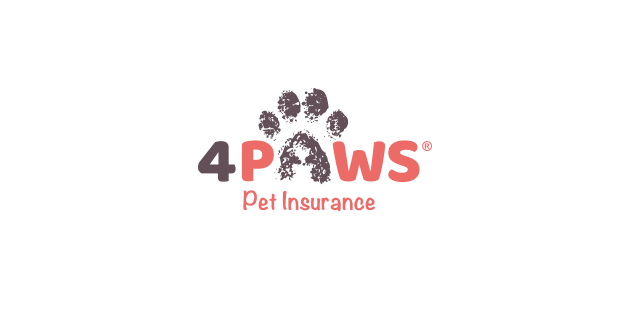27 Sep Diet and Nutrition for Rabbits
Feeding your pet rabbit
Diet and nutrition are as important for your pet rabbit as it is for you. Making sure your bunny has the correct foods, in the correct quantity is vital to keep them hopping happily. At 4Paws, we want to keep your pets happy and healthy, and we know how quickly changes in health can happen when our pets aren’t being fed correctly.
Foraging
Rabbits are natural foragers. Adventuring around the forest floor collecting plants, seeds and fruit is what they were born to do and it’s important as rabbit owners to try and replicate that as closely as possible. We’ve all heard of the infamous Beatrix Potter books, where Peter spent his days exploring, mostly with the aim of finding something delicious to eat! Try to create a safe space, away from predators, where your bunny can hop, sniff, eat and explore.
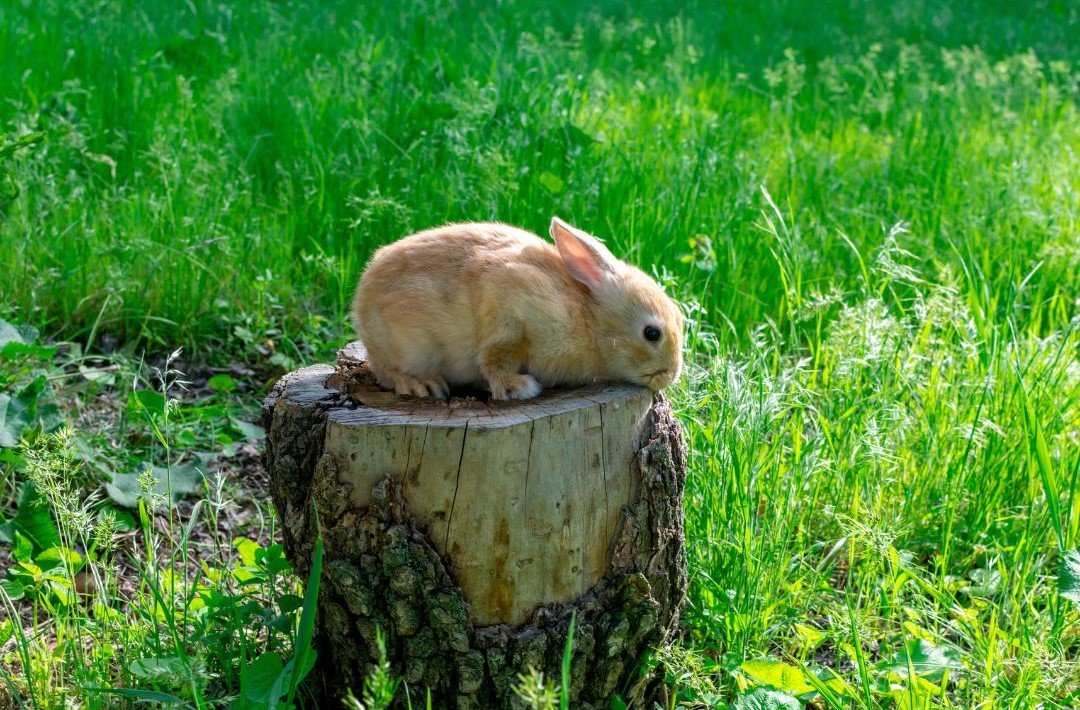
Gnawing
Unlike our teeth, which stop growing when we’re young, rabbit’s teeth continue to grow throughout their lives. It’s important to keep those pearly whites in excellent condition by ensuring they have plenty of foods to gnaw on. It’s a similar principle to making sure your cat has a scratching post to file their claws down. Great things for gnawing on include apple branches, compressed alfalfa cubes, willow balls and even cardboard (as long as there’s no ink, tape or stickers attached to it!).
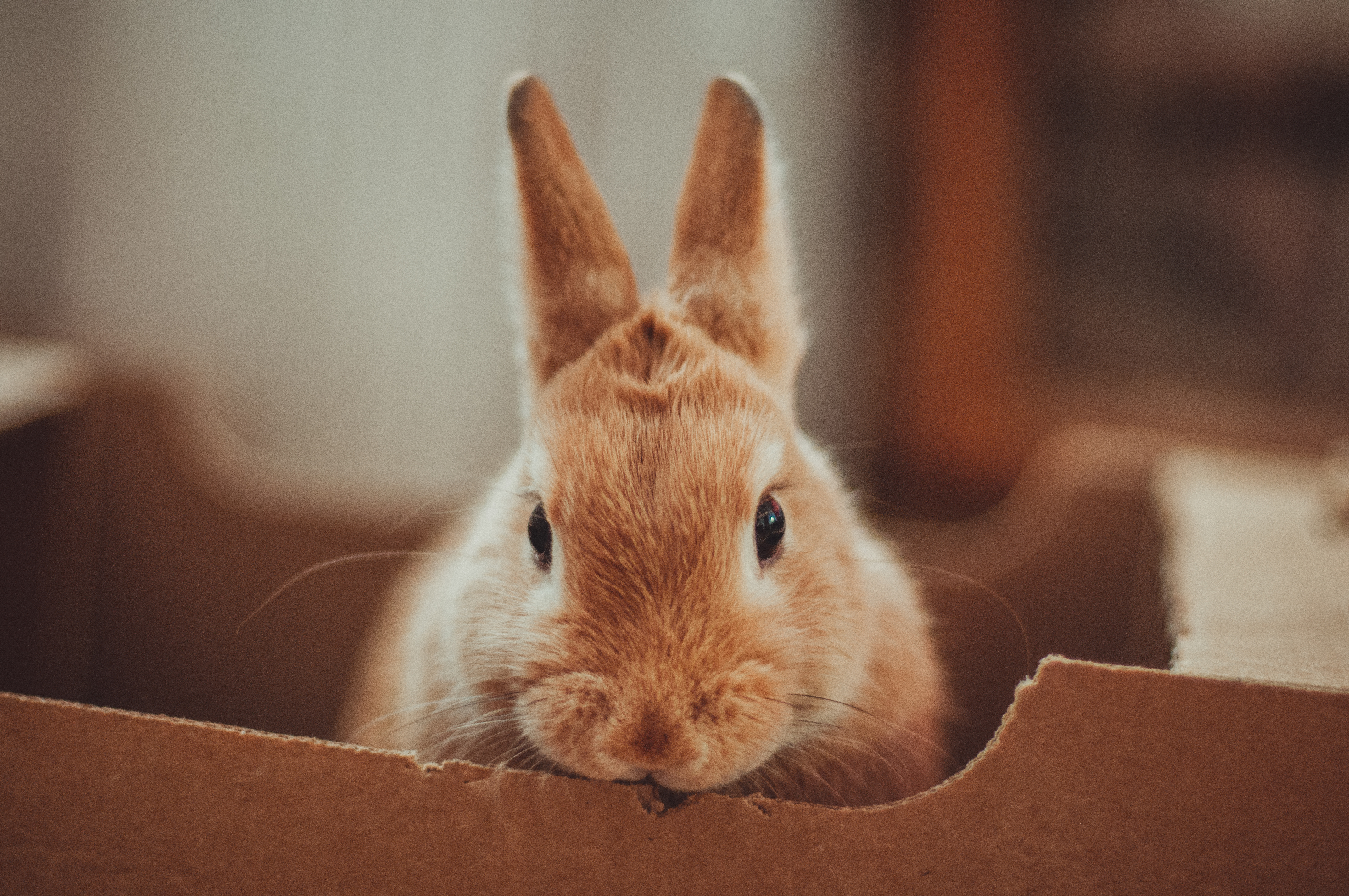
Food: The Dos
The majority of a rabbit’s diet should be feed hay (not bedding hay) and grass – they love it and there is no such thing as too much! It’s full of nutrients so make sure they always have access to plenty. Pet rabbits also need to have plenty of fresh veggies. Leafy greens are great for them (make sure you avoid giving them too many carrots as they’re very high in sugar!). Bugs Bunny was a cartoon, after all! Some of their favourites include kale, broccoli, parsley, mint and cabbage.
Rabbit owners are also advised to give their pets access to rabbit pellets, in addition to hay and vegetables. These pellets contain a mix of the nutrients your bunny needs that they might not get from hay and veg. According to the RSPCA, they need approx. 25g of pellets per kg of their weight.
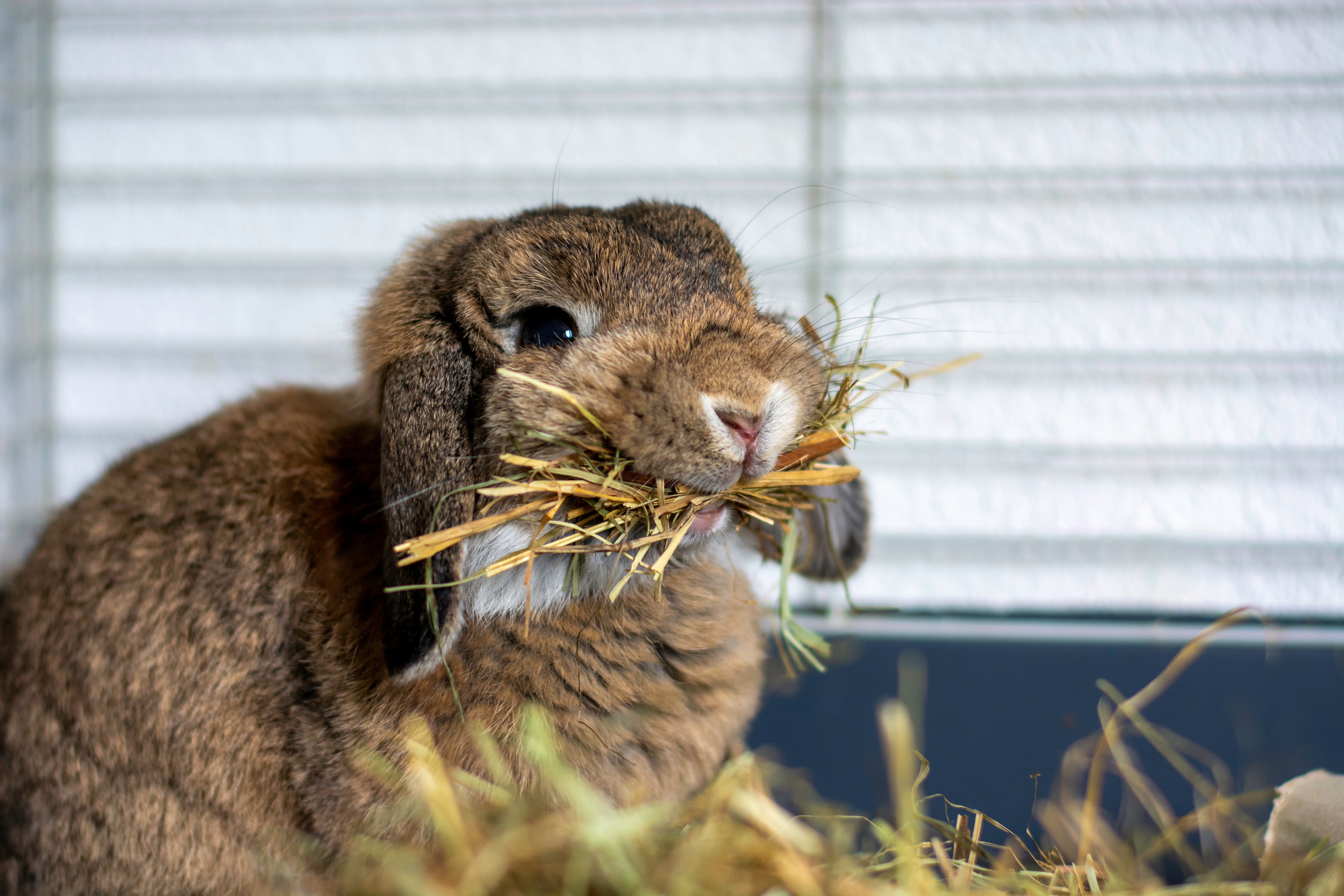
Food: The Don’ts
Now that we know what’s good for rabbits to eat, here’s a list of foods that aren’t safe for rabbit consumption!
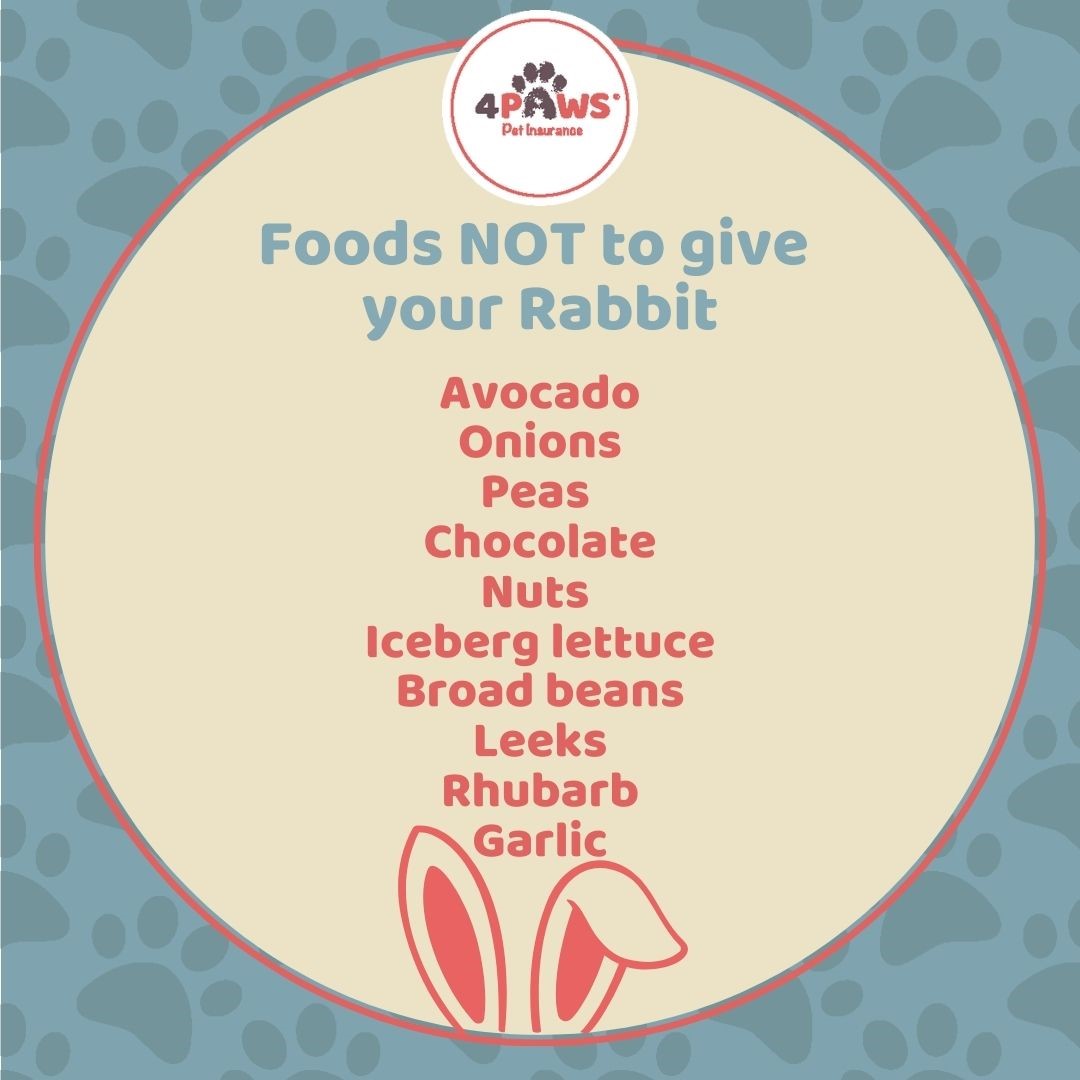
Stay Hydrated
Finally, don’t forget to hydrate! Water is just as important as food and not drinking enough can have serious consequences. Water flushes out excess calcium that can build up in rabbits and cause bladder problems. Rabbits enjoy drinking water from a bowl and bottle, so give them both and make sure they’re always freshly filled, clean and clear of algae.
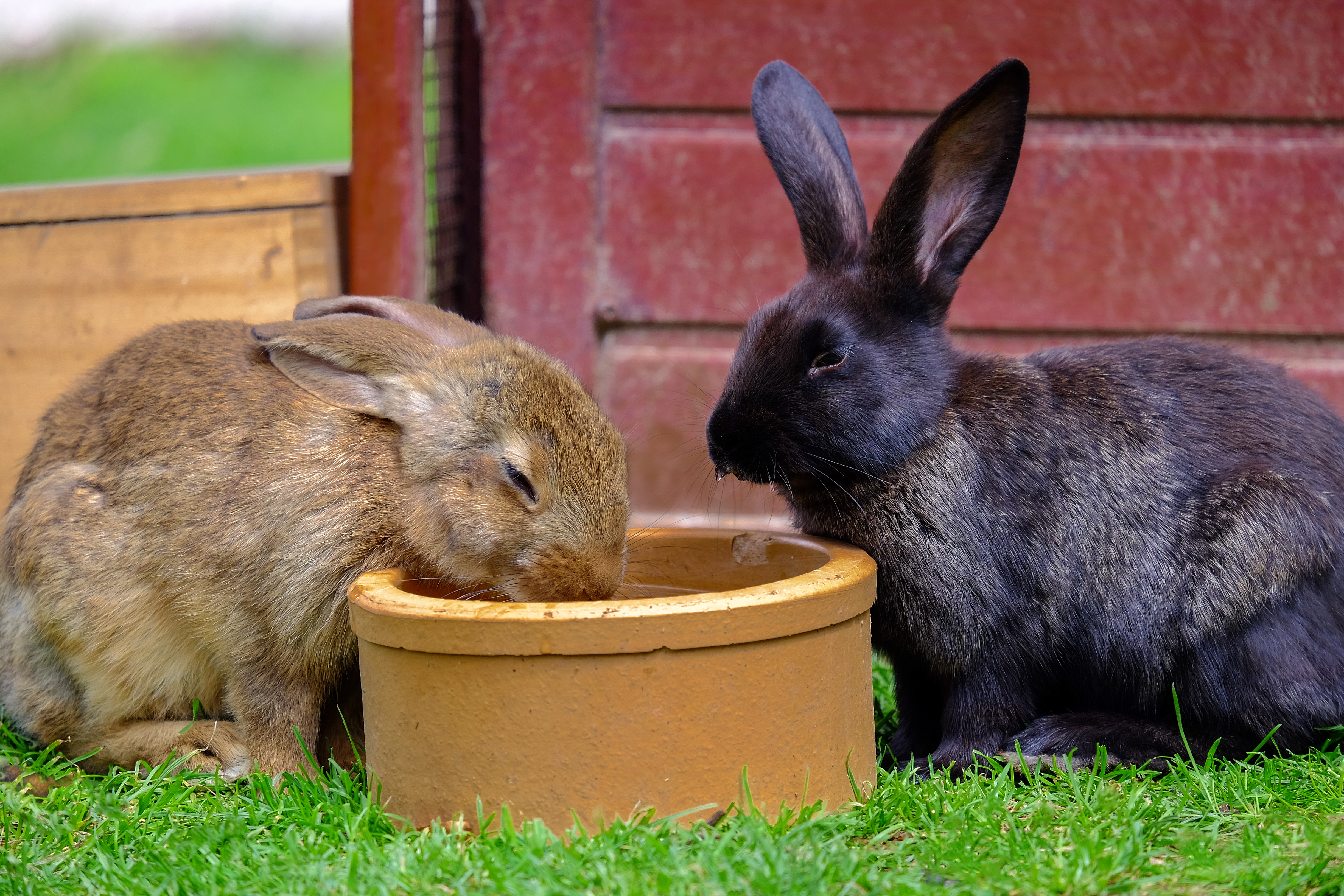
4Paws Rabbit Insurance
As with cats and dogs, rabbit insurance will protect you and your floppy-eared friend should things go wrong. We never like to think of our pets injured or suffering from illness. But if mishaps do happen, you’ll have peace of mind knowing you can cover the cost of treatment and get your bunny healthy again.
Rabbit insurance at 4Paws starts from as little as £8.44 per month (price correct as of Aug 23).
Find out more and get your quote here
Keep hopping happily, from the 4Paws Team
🐾🐾




